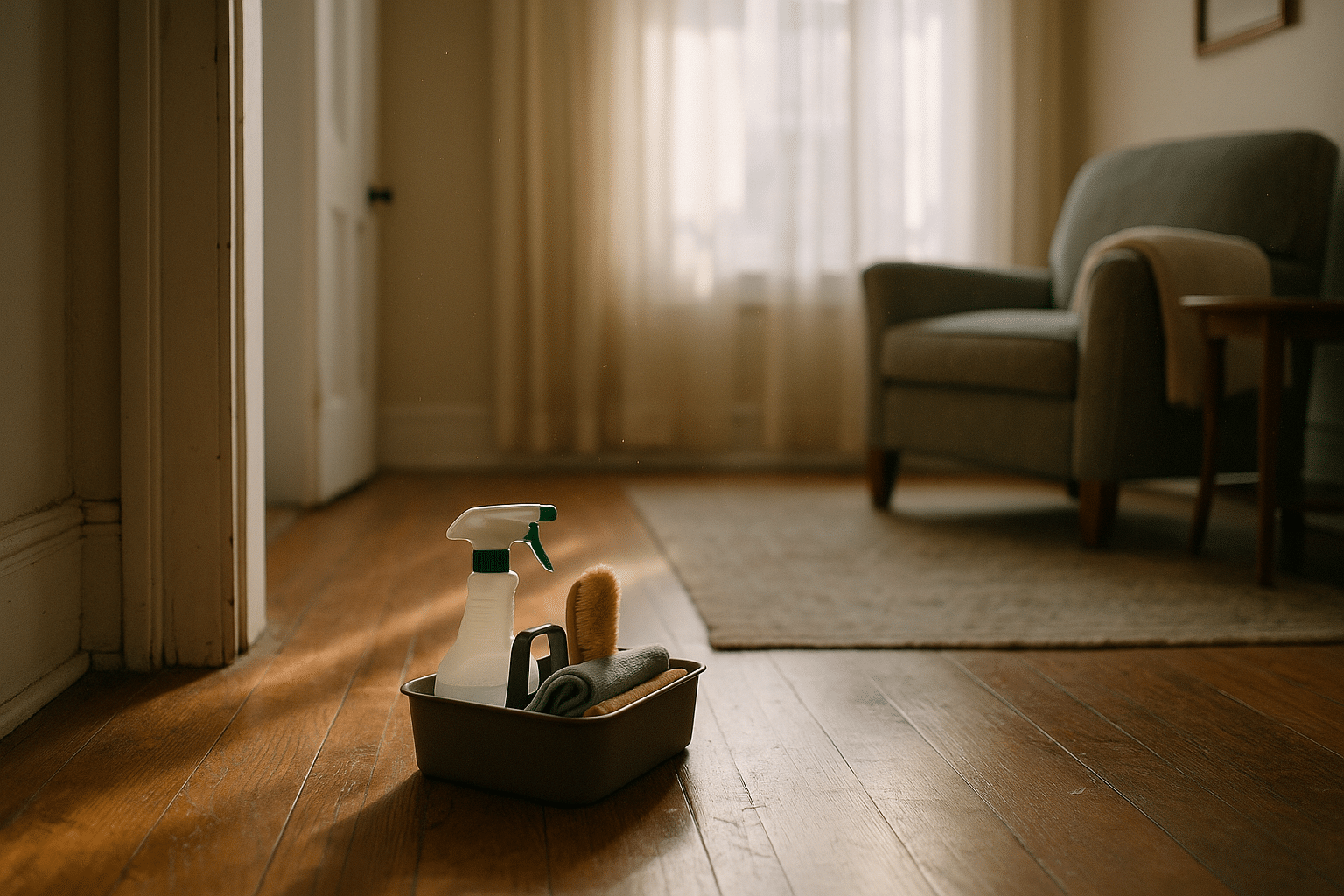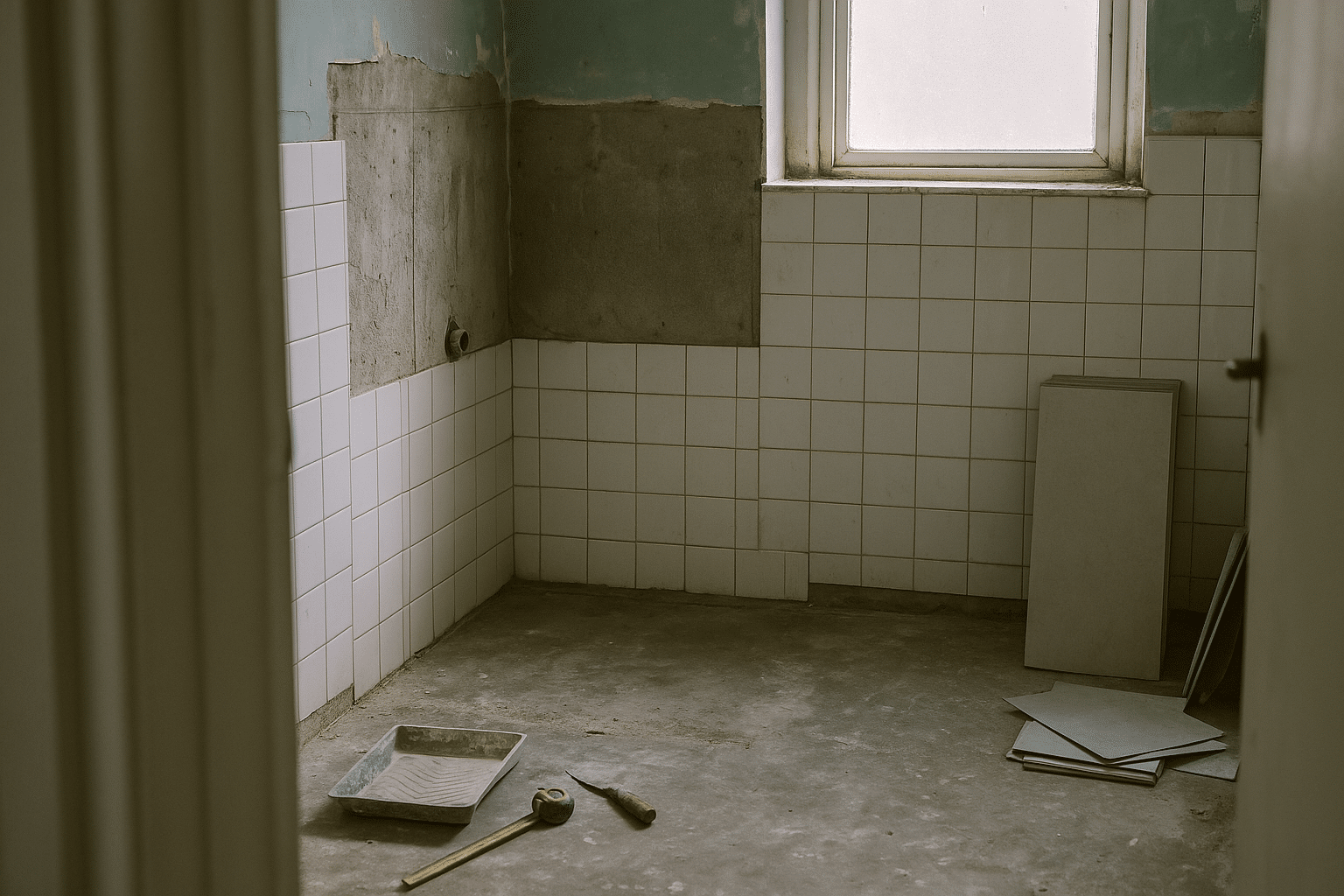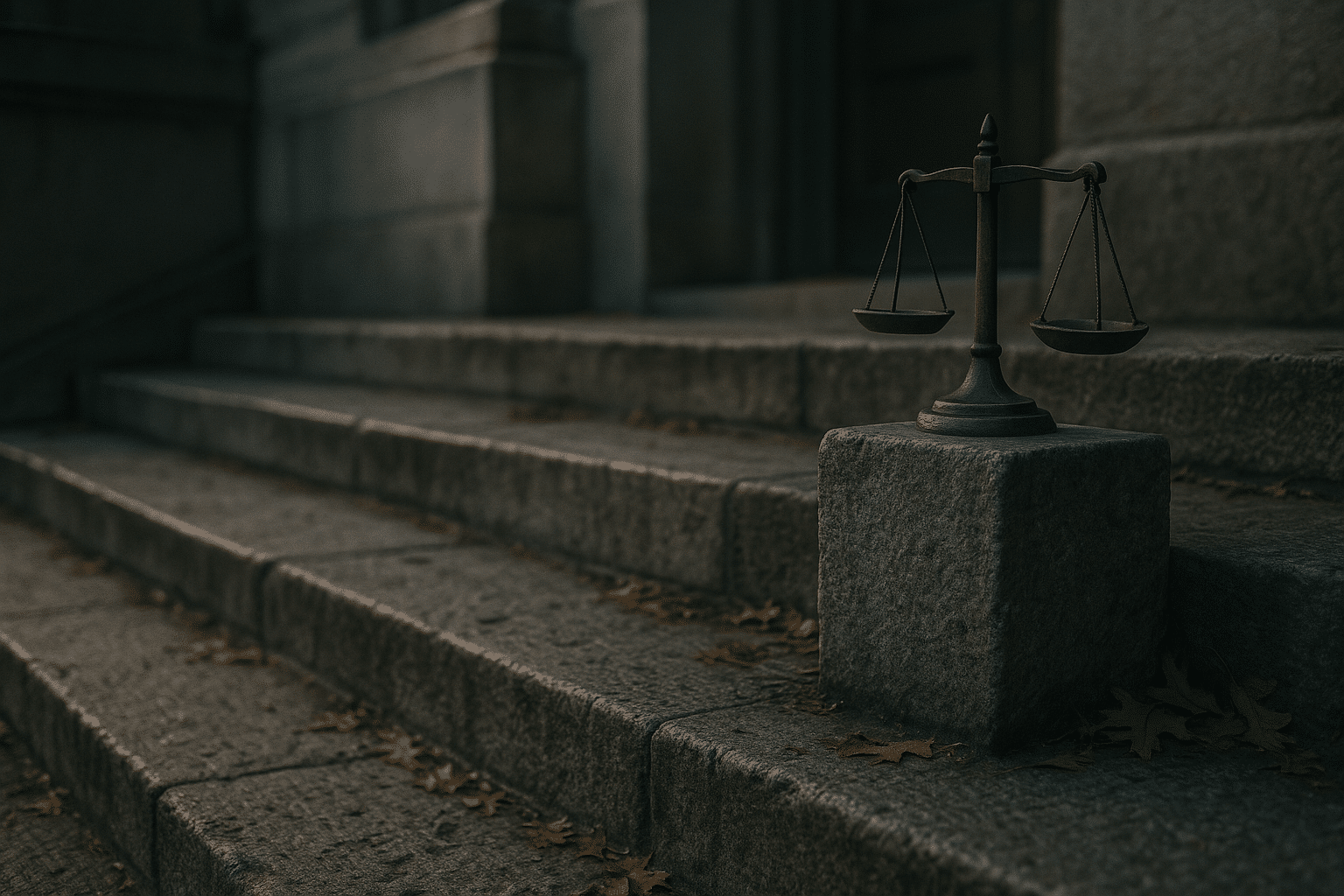
Innovations in Broadcasting Major Sporting Events
Broadcasting major sporting events has evolved tremendously over the years, bringing fans closer to the action through cutting-edge technologies and innovative approaches. As global audiences demand more interactive and immersive experiences, broadcasters have been pushed to innovate and adapt, creating a dynamic landscape for sports media.
The Evolution of Sports Broadcasting
From radio broadcasts to live streaming, the way we consume sports has undergone significant transformations. Advances in broadcasting technology have not only improved the quality of coverage but also how we engage with content. The introduction of high-definition (HD) and ultra-high-definition (UHD) broadcasting has set new standards for picture clarity and detail, enhancing viewer experiences across various platforms.
Expert Insights on Broadcasting Innovations
Renowned sports media analyst, Brian Stokes, recently commented on the impact of technological advancements, stating, “Technology in sports broadcasting is not just about better visuals; it’s about creating a comprehensive viewing experience that fully engages the audience.” This perspective is echoed across the industry as broadcasters strive to integrate technology seamlessly into their operations.
Statistics Highlighting the Growth
According to a report by Market Research Future, the global sports broadcasting market is projected to grow at a compound annual growth rate (CAGR) of 4.2% from 2021 to 2027. This growth is driven by increased consumer demand for live sports coverage and the proliferation of smart devices, enabling viewers to access content anytime, anywhere.
Personal Experiences from the Field
Long-time sports broadcaster, Alex Thompson, recalls the days when covering a major event meant dealing with cumbersome equipment and limited broadcasting capabilities. “Today, the technology allows us to bring the viewer right into the stadium,” he notes. “The use of drones and mobile cameras has revolutionized live sports coverage, offering angles and perspectives that were previously unheard of.”
Actionable Tips for Viewers
- Explore different streaming services to find the one that offers the best coverage for your favorite sports.
- Invest in a high-quality streaming device to ensure you can enjoy broadcasts in the best possible resolution.
- Follow social media channels for live updates and behind-the-scenes content that complement the main broadcast.
Consider subscribing to sports-specific networks that offer comprehensive coverage of your favorite leagues and events for an enhanced viewing experience.
Technological Innovations: A Comparison
| Technology | Feature | Benefits |
|---|---|---|
| 4K UHD | High resolution | Enhanced clarity and detail |
| VR Streaming | Immersive experience | Engages viewers like never before |
| AR Overlays | Interactive graphics | Augments real-time data and stats |
| 360-degree Cameras | Comprehensive view | Provides multiple perspectives |
| AI Analytics | Data-driven insights | Improves content personalization |
| Cloud-Based Broadcasting | Flexible delivery | Scalable and cost-effective |
| OTT Platforms | On-demand access | Convenience and choice |
| Social Media Integration | Engagement tools | Fosters community interaction |
Frequently Asked Questions
What is UHD broadcasting?
UHD broadcasting refers to ultra-high-definition television, which provides superior picture quality compared to standard HD.
How does VR enhance sports broadcasting?
VR creates an immersive experience by placing viewers in a virtual environment that simulates being present at the event.
Conclusion
The innovations in broadcasting major sporting events are continuously transforming how fans engage with their favorite sports. From enhanced picture quality to interactive experiences, these advancements offer a richer and more immersive viewing experience. As technology progresses, the future of sports broadcasting promises even more exciting developments. Stay updated with the latest trends to make the most of your sports-watching experiences.


